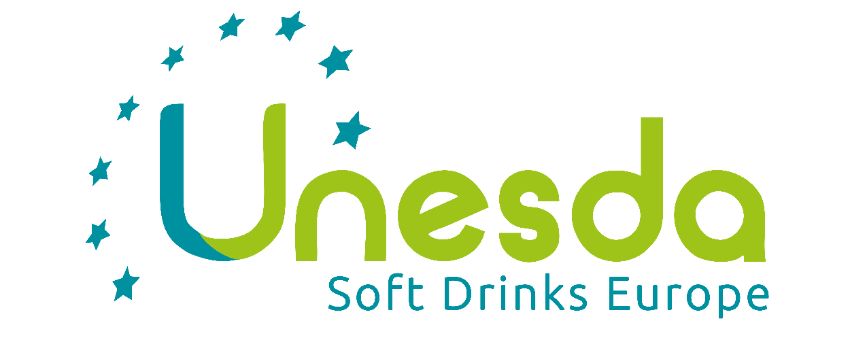The journey towards enhanced health and nutrition in Europe is both fascinating and challenging. A complex web of inter-related factors come into play, such as dietary preferences, physical activity habits and overall health. To ensure the success of fostering balanced diets, EU decision-makers should consider self-regulatory actions and evidence-based policies based on robust consumption data.
Through self-regulatory actions, food and drink producers can innovate and adapt swiftly to evolving consumer preferences, responding promptly to societal concerns. The European soft drink sector, represented by UNESDA, has long demonstrated how far-reaching voluntary initiatives can be a force for the good in the nutrition and health space. We have become a true trailblazer, being the first food industry association in the world to issue a robust set of voluntary commitments almost 20 years ago. These pledges included no marketing to children and a strict set of rules for selling drinks in schools – including no drinks whatsoever in any primary schools across the entire European Union.
“A key hurdle in fostering evidence-based nutrition policy is the lack of comparable, robust and EU-wide food and drink consumption data”
A few years later, in 2015, UNESDA was – and amazingly remains - the only European food or drink sector who rose to the challenge set by the European Commission to achieve a 10% average reduction in added sugars. Since then, we have made a series of successive commitments on behalf of our members, with a remarkable 28.6% reduction in average added sugars since 2000.
Sugar reduction is clearly and logically an area where other sugar-using sectors must quickly step up their efforts and take their responsibility in supporting balanced diets. The EU Code of Conduct on Responsible Food Business and Marketing Practices, which our sector signed in 2021, is the perfect launchpad for stretching ambition and making meaningful commitments to actively contribute to a more sustainable and healthier EU food and drink system.
In addition to considering voluntary approaches as an effective alternative to regulation, it is essential that EU decision-makers develop evidence-based policies that support the use of safe and approved ingredients, such as low- and no-calorie sweeteners. Sweeteners are thoroughly assessed for safety by the European Food Safety Authority before being approved by EU regulators. Providing sweetness without the calories of sugar, sweeteners deserve far greater vocal support from EU policy makers and other stakeholders given their pivotal role in achieving public health goals.
Another key hurdle in fostering evidence-based nutrition policy is the lack of comparable, robust and EU-wide food and drink consumption data. We have commissioned our own research and concluded that existing data is outdated and not directly comparable, rendering it unsuitable for the formulation of sound policies. It is time to act to address this issue by ensuring regular and reliable monitoring and recording of food and drink consumption intakes and patterns across Europe. Furthermore, contrary to what the accepted narrative may be in some quarters, we have noted that current data indicates that soft drink consumption has decreased in several European countries and that our sector is not the primary contributor to sugar intake.
As the soft drink sector, we are determined to continue doing our part to drive meaningful change for consumers. However, it is only through the right policy support and the active involvement of all relevant stakeholders, including other food and drink sectors, governments and healthcare professionals, that we can hope to make a wider positive impact on diets and therefore the health and well-being of all consumers. Let’s unite in our efforts to amplify our collective actions!
In partnership with

This article was produced in partnership with UNESDA - Soft Drinks Europe.
Sign up to The Parliament's weekly newsletter
Every Friday our editorial team goes behind the headlines to offer insight and analysis on the key stories driving the EU agenda. Subscribe for free here.